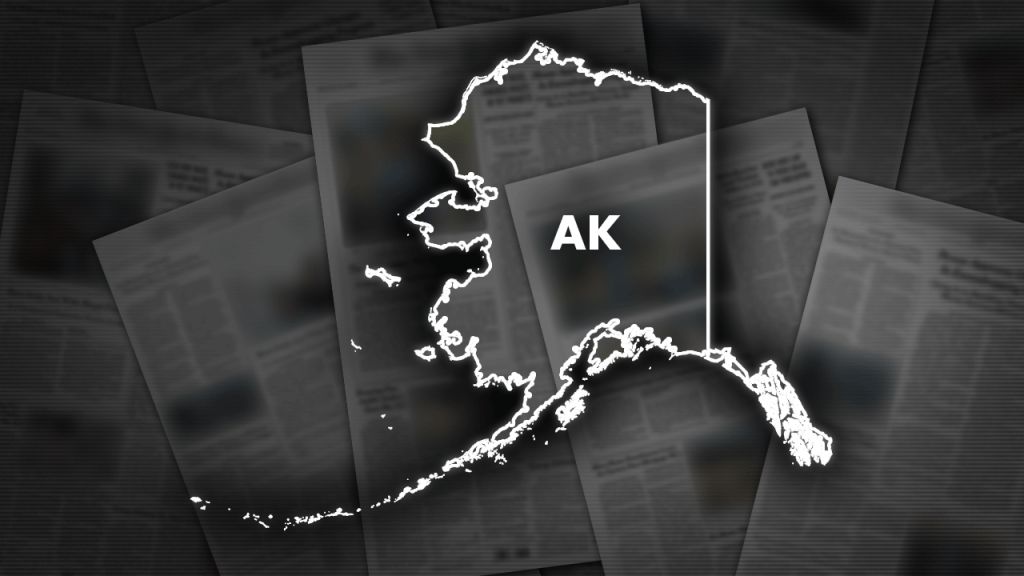The Air National Guard in Alaska has decided to delay downgrading the status of around 80 of its members due to concerns about national security and civilian rescues in the state. Originally, the plan was to convert these members to dual status tech positions with lower wages and benefits by October 1. However, after efforts by state politicians and residents, the changes have been delayed until September 30, 2025. This delay will allow more time for research and analysis to determine the impact of these changes on Alaska’s operations.
The highly paid Active Guard and Reserve members in Alaska play a crucial role in fulfilling national security missions that other units do not have the ability to conduct. For example, monitoring for ballistic missile launches from countries like Russia, North Korea, and China, as well as accompanying U.S. and Canadian fighter jets during intercepts of Russian bombers that come close to Alaska or Canada. These missions require personnel in higher classifications, which would be reduced if the staff conversions went through, potentially compromising national security efforts.
In addition to national security missions, the Alaska Air National Guard also plays a vital role in conducting civilian search-and-rescue missions throughout the state. These missions involve flying military helicopters and cargo planes through violent storms to rescue individuals from remote villages that are inaccessible by air ambulances due to weather conditions. Without the highly trained personnel in the higher classification, the guard estimates that the number of rescues would significantly decrease from 159 missions per year to about 50. These rescues are critical in saving lives and supporting Alaska’s remote communities.
Alaska’s congressional delegation has expressed concerns about the negative impact that the staff conversions would have on the state’s operations. U.S. Senator Lisa Murkowski stated that the uncertainty surrounding these changes was unacceptable and placed unnecessary strain on Alaska Air National Guard members. The delay in implementing the downgrades is seen as a temporary victory, but there are still questions about whether the changes should be made at all. The joint statement from the congressional delegation emphasizes the need for further analysis to fully understand the consequences of the proposed changes.
The changes to balance top-earning positions among all 53 state and territorial units will still be completed by October 1, despite the delay in Alaska. The Alaska Air National Guard had previously argued that the state needed personnel in the higher classification to fulfill its unique requirements, such as responding to national security threats and conducting civilian rescues. The delay in downgrading the status of members in Alaska will allow time for a more thorough evaluation of how these changes would impact the state’s operations moving forward.
Overall, the decision to delay the downgrades in Alaska is seen as a positive development for national security and civilian rescues in the state. The additional time for research and analysis will provide valuable insights into the potential consequences of converting highly paid members to lower status positions. The Alaska Air National Guard plays a critical role in fulfilling its missions, and any changes to its personnel must be carefully considered to ensure the safety and security of Alaska’s residents and communities.


